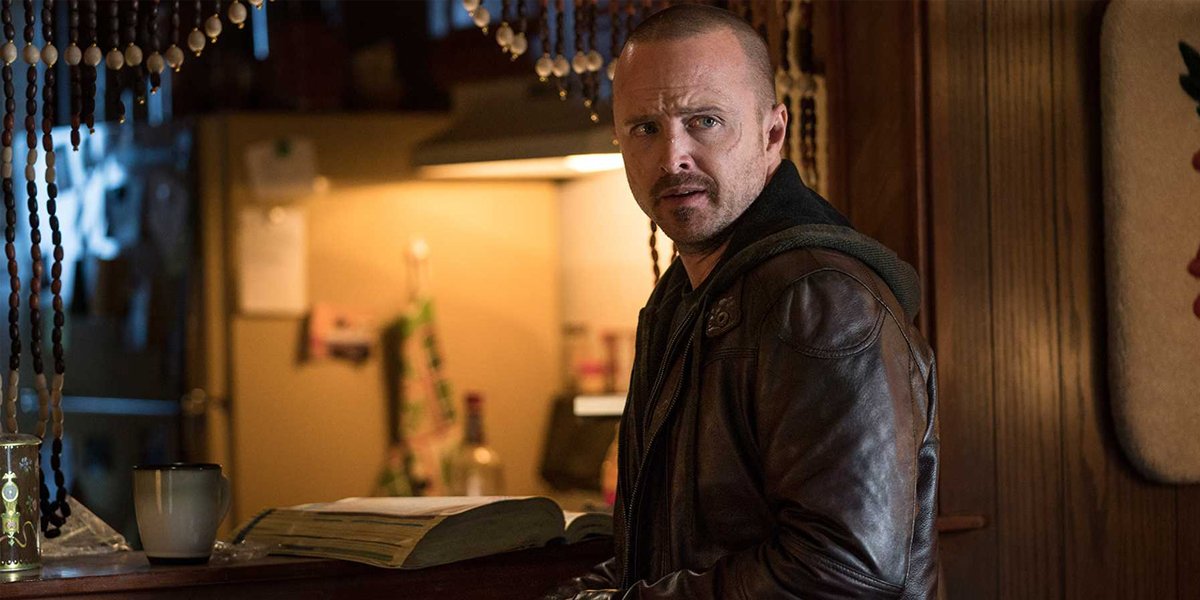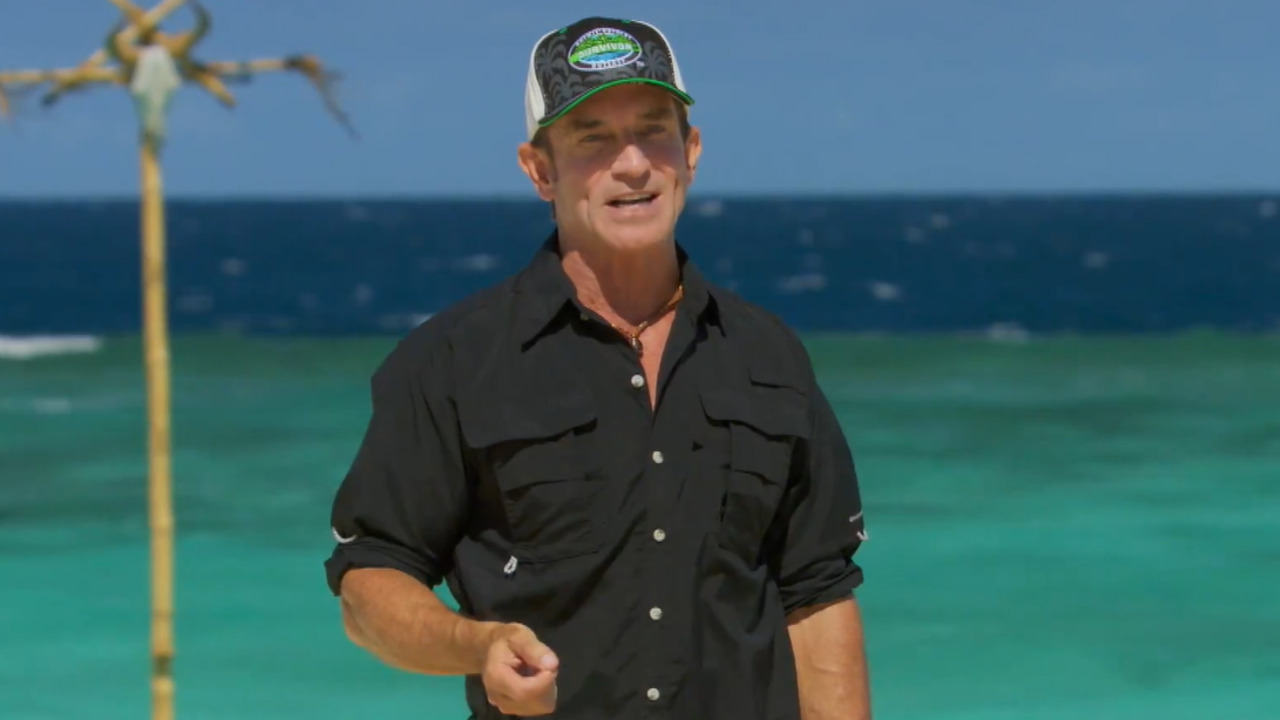While Breaking Bad may have come to an end as a series back in late 2013, the world has never felt “closed.” While functioning primarily as a prequel, Better Call Saul started running less than two years after the end of the legendary show, and with its fifth season gearing up to start in 2020, there is a totally natural expectation to continue to see the expansion of the beloved universe.
Because of this expansion, though, unanswered questions about the world don’t necessarily make any sense. If stories are continuing to be told, why not use the opportunity to play certain things out to their natural conclusions? Fortunately, this is something that’s understood by series creator/writer/director Vince Gilligan, which is why we now have El Camino: A Breaking Bad Story. With fans previously having been given a bit of a cliffhanger ending in regards to the fate of Jesse Pinkman (Aaron Paul), now a movie exists to tie everything up with a bow – and while it may not precisely function like a typical film, it is still an immensely satisfying experience to anyone who previously invested love in the genius-driven original series.
With the Breaking Bad finale, “Felina,” primarily focused on completing the story of Walter White (Bryan Cranston), Jesse Pinkman didn’t get a totally conclusive ending with the show – the character’s final moment featuring him driving away to an unknown future after having spent months caged up by neo-Nazis are forced to cook meth. El Camino, however, now exists to tell his tale. It picks up with Jesse immediately following those events, notably driving the model of car that gives the series-expanding movie its title.
Both suffering from PTSD following his traumatic experiences, and the target of a massive police manhunt, Jesse must find a way to not only try and escape the personal hell that is Albuquerque, New Mexico, but also collect the resources he needs that will allow him to do it. It’s a mission that requires old friends, and memories of his past – and all the while over him hangs the question whether or not it is actually possible for him to return to an even somewhat normal life.
Without having any kind of “stitched together” quality, El Camino essentially feels like a special 124 minute episode of Breaking Bad – and that’s a high complement given that the show in question is one of the most skillfully directed, beautifully shot, and intricately written of all time. Because Better Call Saul has done such an excellent job establishing itself as its own thing, the movie is a wonderful reunion with the tone and feel of the original series, and with that comes exciting stylistic choices, impressively structured storytelling, and brilliant character work.
Vince Gilligan, who actually only directed five of the 62 episodes of the show, channels the best of the best filmmakers who worked on Breaking Bad (a list that includes Rian Johnson, Michelle MacLaren, and Adam Bernstein), and conjures a movie that is effortlessly ambitious with its flair. Once again there is dazzling use of symbolic color subtly used everywhere, but there is also cinematography that will drop your jaw – such as a god’s eye view angle that captures the entire layout of an apartment while Jesse investigates every nook and cranny in a montage that has him searching for a hidden treasure.
Without giving away names (in an attempt to protect spoilers), there are many fan favorite characters who pop into the story and get a bit of their own closure through the narrative, but El Camino is Jesse’s story through and through. Within that, not only does it fill in some important gaps and answer some important questions about the character, but also gives Aaron Paul yet another opportunity to showcase his remarkable talent. It’s admittedly a bit obvious that he is a fair bit older than he was when Breaking Bad started (40 years old vs. 29 years old), and that’s particularly evident in the flashback sequences that take us back deep within the show’s timeline, but what’s really impressive is just how well Paul falls back into the role.
Jesse Pinkman went through hell during his time growing his partnership with Walter White – the bold, naïve, egotistical punk we met back in 2008 being a distant memory – and it’s remarkable how Aaron Paul carries the weight of it with him in every scene. Sometimes it’s more intense than others, such as when an ordinary shower reminds him of being hosed down by the neo-Nazis, but even when he’s more compos mentis you can see pain in his eyes and a pure desire to just escape everything in his life. Paul put on phenomenal performances week to week when Breaking Bad was running, and close to a decade later he hasn’t missed a beat.
Given that it makes zero effort to connect with an audience that isn’t deeply familiar with Breaking Bad already, El Camino is less a “full feature film from the world of the show” as it is essentially a coda for the story that’s already been told. But for anyone who has devoted time, energy, and love to the series and its perfectly constructed characters should find a lot of satisfaction in the experience. It’s the conclusion that Jesse Pinkman most definitely deserves, and further proof that Vince Gilligan is truly one of the greatest storytellers working in entertainment today.

Eric Eisenberg is the Assistant Managing Editor at CinemaBlend. After graduating Boston University and earning a bachelor’s degree in journalism, he took a part-time job as a staff writer for CinemaBlend, and after six months was offered the opportunity to move to Los Angeles and take on a newly created West Coast Editor position. Over a decade later, he's continuing to advance his interests and expertise. In addition to conducting filmmaker interviews and contributing to the news and feature content of the site, Eric also oversees the Movie Reviews section, writes the the weekend box office report (published Sundays), and is the site's resident Stephen King expert. He has two King-related columns.











